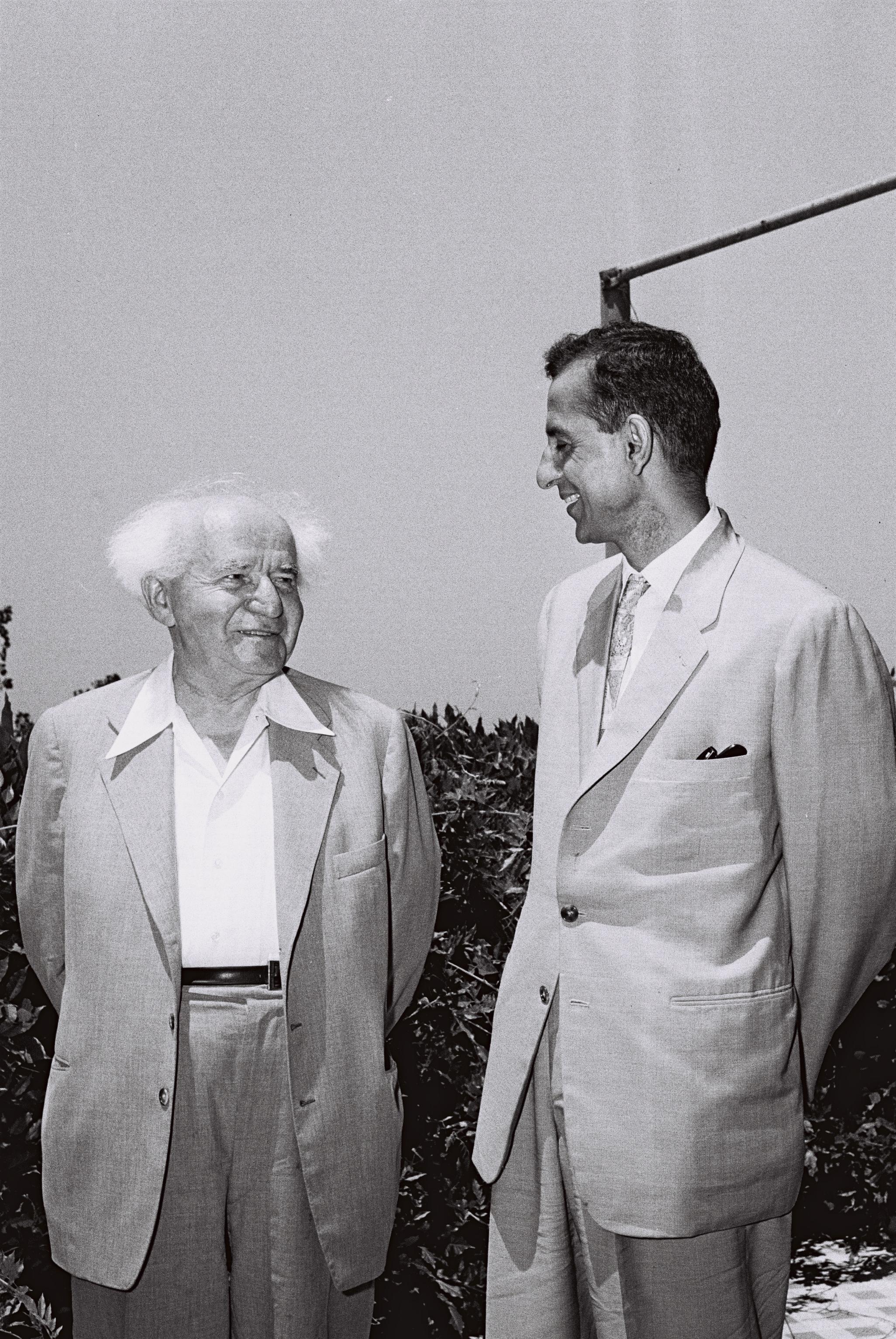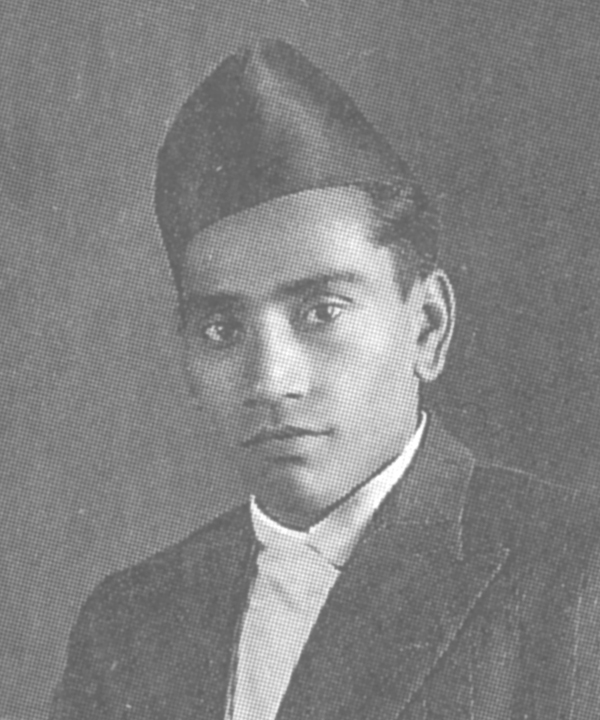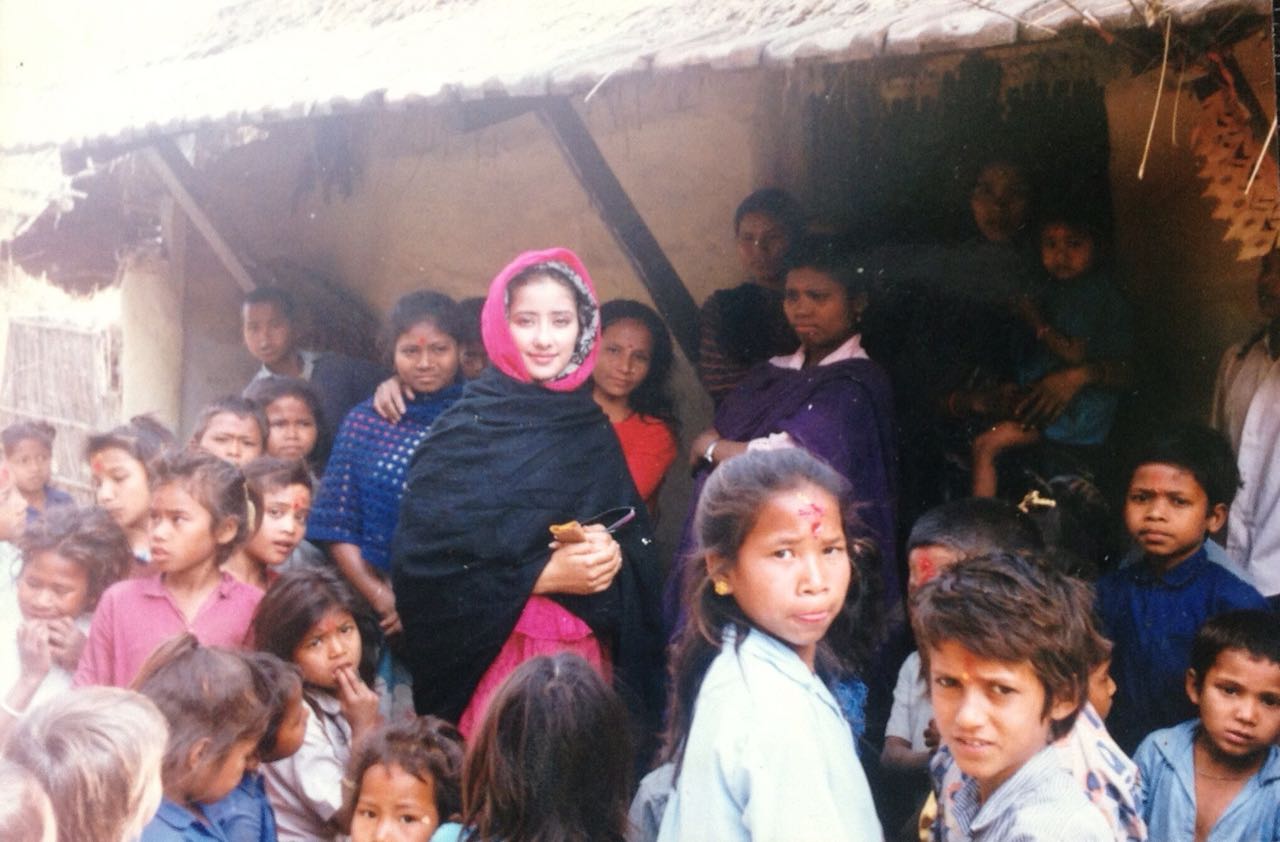|
Bishweshwar Prasad Koirala
Bishweshwar Prasad Koirala ( ne, विश्वेश्वरप्रसाद कोइराला; 8 September 1914 – 21 July 1982), (Nepali: 1971 B.S. Bhadra 24 - 2039 B.S Shrawan 6)better known as B. P. Koirala ( ne, बीपी कोइराला), was a Nepali revolutionary, political leader and writer. He was the Prime Minister of Nepal from 1959 to 1960. He led the Nepali Congress, a social democratic political party. He was the grandfather of Bollywood actress Manisha Koirala and older brother of former prime minister Girija Prasad Koirala and younger brother of former prime minister Matrika Prasad Koirala. Koirala was the first democratically elected and 22nd Prime Minister of Nepal. He held the office for 18 months before being deposed and imprisoned at the instruction of King Mahendra. The rest of his life was spent largely in prison or exile and in steadily deteriorating health. Widely regarded as one of the greatest political personalities of Nepa ... [...More Info...] [...Related Items...] OR: [Wikipedia] [Google] [Baidu] |
Nepal Ratna
Nepal Ratna Man Padavi ( ne, नेपाल रत्न मानपदवी, ''Order of the Jewel of Nepal'') is the highest civilian award of Nepal. Instituted in 2010, the award is conferred for exemplary contributions to the nation of Nepal. History Order of Tri Shakti Patta was instituted by King Tribhuvan of Nepal in on 27 November 1937. It had 5 classes plus a medal. The first class "Jyotirmaya-Subikhyat-Tri-Shakti-Patta" was regarded as the highest civilian award of that time. After the end of monarchy in 2008, the new government adapted the award, "Nepal Ratna Man Padavi". The government makes the decision to whom to give the award and it is conferred by the President of Nepal on Republic Day, 29 May. The decoration is an octagon having 8.5 cm diameter and bejewelled with five diamond pieces on every corner. Recipient References {{Reflist Orders, decorations, and medals of Nepal Civil awards and decorations of Nepal Awards established in 2010 2010 ... [...More Info...] [...Related Items...] OR: [Wikipedia] [Google] [Baidu] |
Sushila Koirala
Sushila Koirala (; 1923 – 13 July 2007) was a Nepalese Indian classical dance, classical dancer and theater director. She was the spouse of B. P. Koirala, the first ever democratically elected prime minister of Nepal. She was known for her contribution towards Nepali art, theatre, and girls’ empowerment; and for backstopping in democratic activities during the critical and raw era of social change and politics in Nepal. Personal life Sushila Koirala was born in 1923 in Kapilvastu Municipality, Kapilvastu in Lumbini Province, Lumbini, Kingdom of Nepal, Nepal. She married B. P. Koirala in 1936 and went to Biratnagar. She attended and completed school level education there in Biratngar. Later she studied at Banaras Hindu University in Banaras in India. She also studied Bharatanatyam, Bharatnatyam and Kathak, major two forms of Indian classical dance there in India. Sushila Koirala was also trained in Manipuri dance. Her husband B. P. Koirala has described her as "young and sli ... [...More Info...] [...Related Items...] OR: [Wikipedia] [Google] [Baidu] |
Election
An election is a formal group decision-making process by which a population chooses an individual or multiple individuals to hold public office. Elections have been the usual mechanism by which modern representative democracy has operated since the 17th century. Elections may fill offices in the legislature, sometimes in the executive and judiciary, and for regional and local government. This process is also used in many other private and business organisations, from clubs to voluntary associations and corporations. The global use of elections as a tool for selecting representatives in modern representative democracies is in contrast with the practice in the democratic archetype, ancient Athens, where the elections were considered an oligarchic institution and most political offices were filled using sortition, also known as allotment, by which officeholders were chosen by lot. Electoral reform describes the process of introducing fair electoral systems wher ... [...More Info...] [...Related Items...] OR: [Wikipedia] [Google] [Baidu] |
Democracy
Democracy (From grc, δημοκρατία, dēmokratía, ''dēmos'' 'people' and ''kratos'' 'rule') is a form of government in which people, the people have the authority to deliberate and decide legislation ("direct democracy"), or to choose governing officials to do so ("representative democracy"). Who is considered part of "the people" and how authority is shared among or delegated by the people has changed over time and at different rates in different countries. Features of democracy often include freedom of assembly, freedom of association, association, property rights, freedom of religion and freedom of speech, speech, Social exclusion#Social inclusion, inclusiveness and political equality, equality, citizenship, consent of the governed, voting rights, freedom from unwarranted governmental wikt:deprivation, deprivation of the right to life and liberty, and minority rights. The notion of democracy has evolved over time considerably. Throughout history, one can find evid ... [...More Info...] [...Related Items...] OR: [Wikipedia] [Google] [Baidu] |
Girija Prasad Koirala
Nepal Ratna Girija Prasad Koirala ( ne, गिरिजाप्रसाद कोइराला ; 4 July 1924 – 20 March 2010), affectionately known as Girija Babu, was a Nepalese politician. He headed the Nepali Congress and served as the Prime Minister of Nepal on four occasions, including from 1991 to 1994, 1998 to 1999, 2000 to 2001, and from 2006 to 2008. He was the Acting Head of State of Nepal between January 2007 and July 2008 as the country transitioned from a monarchy to a republic. Koirala, who was active in politics for over sixty years, was a pioneer of the Nepalese labour movement, having started the first political workers' movement on Nepalese soil, known as the Biratnagar jute mill strike in his hometown, Biratnagar. In 1991 he became the first democratically elected Prime Minister since 1959, when his brother B.P. Koirala and the Nepali Congress party were swept into power in the country's first democratic election. Personal life Koirala was born in Sa ... [...More Info...] [...Related Items...] OR: [Wikipedia] [Google] [Baidu] |
Manisha Koirala
Manisha Koirala (; born 16 August 1970) is a Nepalese actress who works in Indian films, predominantly in Hindi and Tamil films and has also worked in few Telugu, Bengali, Malayalam, Nepali and English films. Known for her work in both commercial and independent cinema, she is the recipient of several accolades, including four Filmfare Awards. In 2001, the Government of Nepal awarded her with the Order of Gorkha Dakshina Bahu, the second highest honor of the country. Born to the politically prominent Koirala family, she is the daughter of Prakash Koirala and granddaughter of Bishweshwar Prasad Koirala, former Prime Minister of Nepal. Koirala made her acting debut with the Nepali film '' Pheri Bhetaula'' (1989), and went on to feature in the Hindi drama '' Saudagar'' (1991). Following a series of commercial failures, she established herself as a leading actress with the romantic dramas '' 1942: A Love Story'' (1994) and the Tamil-language ''Bombay'' (1995). She subsequently sta ... [...More Info...] [...Related Items...] OR: [Wikipedia] [Google] [Baidu] |
Political Party
A political party is an organization that coordinates candidates to compete in a particular country's elections. It is common for the members of a party to hold similar ideas about politics, and parties may promote specific ideological or policy goals. Political parties have become a major part of the politics of almost every country, as modern party organizations developed and spread around the world over the last few centuries. It is extremely rare for a country to have no political parties. Some countries have only one political party while others have several. Parties are important in the politics of autocracies as well as democracies, though usually democracies have more political parties than autocracies. Autocracies often have a single party that governs the country, and some political scientists consider competition between two or more parties to be an essential part of democracy. Parties can develop from existing divisions in society, like the divisions betwee ... [...More Info...] [...Related Items...] OR: [Wikipedia] [Google] [Baidu] |
Social Democratic
Social democracy is a political, social, and economic philosophy within socialism that supports political and economic democracy. As a policy regime, it is described by academics as advocating economic and social interventions to promote social justice within the framework of a liberal-democratic polity and a capitalist-oriented mixed economy. The protocols and norms used to accomplish this involve a commitment to representative and participatory democracy, measures for income redistribution, regulation of the economy in the general interest, and social welfare provisions. Due to longstanding governance by social democratic parties during the post-war consensus and their influence on socioeconomic policy in Northern and Western Europe, social democracy became associated with Keynesianism, the Nordic model, the social-liberal paradigm, and welfare states within political circles in the late 20th century. It has been described as the most common form of Western or m ... [...More Info...] [...Related Items...] OR: [Wikipedia] [Google] [Baidu] |
Prime Minister Of Nepal
The Prime Minister of Nepal ( ne, नेपालको प्रधानमन्त्री) is the head of government of Nepal. The Prime Minister is the head of the Council of Ministers of Nepal and the chief adviser to the President of Nepal. The federal cabinet headed by the prime minister is appointed by the president to assist the latter in the administration of the affairs of the executive. The prime minister has to enjoy the confidence of a majority in the Pratinidhi Sabha and shall resign if they are unable to prove majority when instructed by the president. The residence of the prime minister of Nepal is in Baluwatar, Kathmandu. The seat of the prime minister is Singha Darbar since the time of Chandra Shamsher Jang Bahadur Rana. The basic monthly salary of the prime minister of Nepal is NPR 77,280. The current prime minister is Pushpa Kamal Dahal from CPN (Maoist Center since 25 December 2022. He was appointed by the President Bidhya Devi Bhandari as per A ... [...More Info...] [...Related Items...] OR: [Wikipedia] [Google] [Baidu] |
University Of Calcutta
The University of Calcutta (informally known as Calcutta University; CU) is a public collegiate state university in India, located in Kolkata, West Bengal, India. Considered one of best state research university all over India every year, CU has topped among India's best universities several times. It has 151 affiliated undergraduate colleges and 16 institutes in Kolkata and nearby areas. It was established on 24 January 1857 and is the oldest multidisciplinary and European-style institution in Asia. Today, the university's jurisdiction is limited to a few districts of West Bengal, but at the time of establishment it had a catchment area, ranging from Lahore to Myanmar. Within India, it is recognized as a "Five-Star University" and accredited an "A+" grade by the National Assessment and Accreditation Council (NAAC). The University of Calcutta was awarded the status of "Centre with Potential for Excellence in Particular Area" and "University with potential for excellence" by ... [...More Info...] [...Related Items...] OR: [Wikipedia] [Google] [Baidu] |
Banaras Hindu University
Banaras Hindu University (BHU) IAST: kāśī hindū viśvavidyālaya IPA: /kaːʃiː hɪnd̪uː ʋɪʃwəʋid̪jaːləj/), is a collegiate, central, and research university located in Varanasi, Uttar Pradesh, India, and founded in 1916. The university incorporated the Central Hindu College, founded by Indian Home Rule-leaguer and Theosophist, Annie Besant in 1898. After Besant and her associates were marginalized, the university was established by Madan Mohan Malaviya with the financial support of the maharaja of Dharbhanga Rameshwar Singh, the maharaja of Benares Prabhu Narayan Singh, and the lawyer Sunder Lal. With over 30,000 students, and 18,000 residing on campus, BHU is the largest residential university in Asia. The university is one of the eight public institutions declared as an Institute of Eminence by the Government of India. BHU has often been referred by different names throughout the history and present. Some of the English names include Banaras Unive ... [...More Info...] [...Related Items...] OR: [Wikipedia] [Google] [Baidu] |







